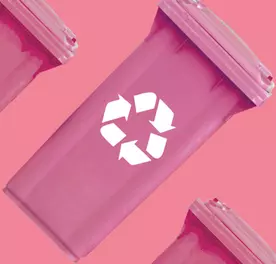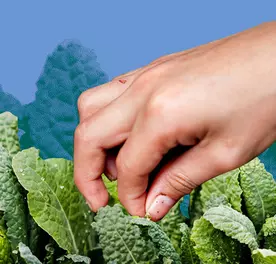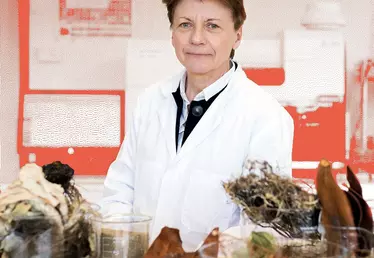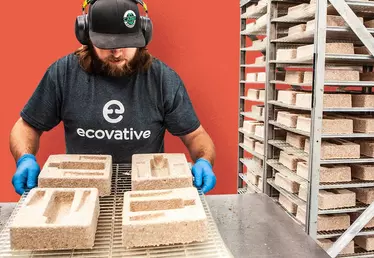

Hero banner custom title
4 non-polluting ways of cleaning your house
2 min
Chemicals galore, single-use wipes, gallons and gallons of cleaning products in plastic bottles... House cleaning is of course necessary but it can also be highly polluting! Having said that, a multitude of easy yet inexpensive solutions make it possible to house clean while also saving the planet.
The first step is to develop a critical eye. Industrial companies have worked tirelessly to invent all kinds of cleaning products and convince people they need them for their homes. But that’s just plain wrong since many such products are in actual fact quite useless. One example is single-use wipes. Not only are they designed to last a few short minutes at most but as often as not they end up as litter. They should be banned and replaced by rags made out of recycled old clothes.
Not forgetting that some products are actually harmful to human health
According to France’s Environment and Energy Management Agency (ADEME), the air inside people’s homes, containing 900 chemical substances or more, is five to seven times more polluted than the air outdoors.
Sources for this indoor pollution obviously include scented candles and incense but common household products have a similar effect. Hence the need to stop using "sanitising" sprays (like antibacterials, insecticides or deodorant) which worsen indoor pollution and spread irritating substances, allergens, and even sometimes, toxins.
The solution: less is better
One remedy is the adoption of natural household products. In her book "All You Need is Less: A Guilt-Free Guide to Eco-Friendly Living and Stress-Free Simplicity," Canadian author Madeleine Somerville explains that only three ingredients are needed to make all the household products required to clean a home: soap, baking soda and white vinegar. To make a multi-purpose cleaner, it suffices to pour water into a one-liter container and add two tablespoons of ecological soap (like black or Marseille soap) plus a tablespoon of baking soda. A half water, half distilled vinegar mixture works great as a window cleaner. Black soap diluted in water is ideal for mopping floors. White vinegar is excellent against limescale. Last but not least, lemons mixed with hot water can be incredibly effective when scrubbing household appliances, ovens, hobs, worktops and even rubbish bins – especially when left a few minutes before being wiped away.
To be entirely coherent, it’s also a good idea to bulk purchase these ingredients – as well as any ready-made natural products – thereby avoiding single-use plastic bottles.
The good news is that these kinds of ecological habits are also better for human health. According to a study by the International Agency for Research on Cancer (IARC), 91% of household products emit formaldehyde, a proven carcinogen.











